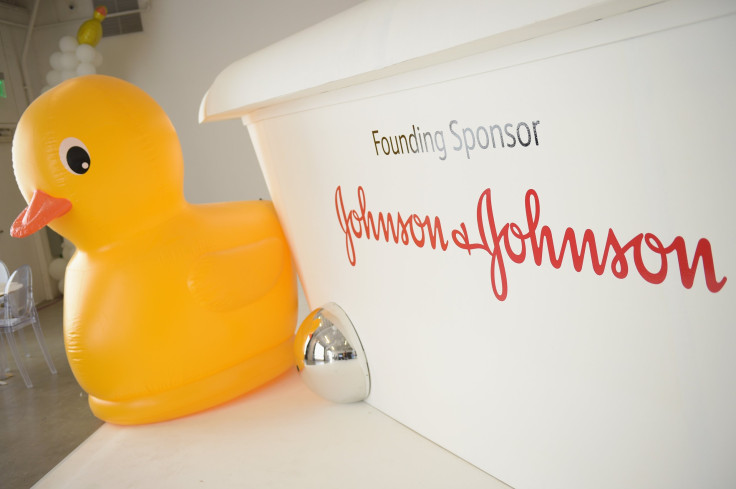Do Johnson & Johnson Products Contain Appropriate Warnings?

The U.S. Food and Drug Administration said Tuesday that Johnson & Johnson has to add new warnings to its diabetes drug, Invokana, Reuters reported.
This comes just over a week after Johnson & Johnson was ordered by a jury in Missouri state court to pay $110 million to a Virginia woman, Lois Slemp, who claimed she developed ovarian cancer after using the company's talc-based products.
Results from clinical trials have shown occurrences of leg and foot amputations in patients with type 2 diabetes treated with Invokana, as opposed to those given a placebo, FDA said. It noted results of one test showed that in one year, the risk of amputation in patients treated with Invokana was equivalent to 5.9 out of 1,000, compared with 2.8 out of 1,000 for patients given a placebo.
Another test showed risk of amputation was equivalent to 7.5 out of every 1,000 patients treated with Invokana compared with 4.2 out of every 1,000 patients given a placebo. The warnings should include a boxed warning, reserved for the most serious possible adverse situations, the FDA noted, according to Reuters.
Read: Does Johnson Baby Powder Cause Cancer?
Johnson & Johnson has been reportedly embroiled in trouble in recent years over the ingredients used in its adult toiletries and cosmetic products worldwide, along with its failure to label appropriate warnings on them.
In 2011, the health care giant pledged to remove chemicals of concern from baby products after being pressurized by health and environmental groups to do so. Some health groups had found carcinogen formaldehyde in products such as the company's popular No More Tears baby shampoo, CBS News had reported.
In early 2016, a woman named Jacqueline Fox from Alabama, passed away from ovarian cancer after using Johnson & Johnson’s Baby Powder. The company paid about $ US72 million in punitive and actual damages to the Fox family, reports said.
In one of the lawsuits against the company, in May 2016, four Canadian women and their families had launched a class-action, claiming they had developed ovarian cancer after using the company's baby powder.
In Feb. 2016, the company was ordered to pay $72 million after an Alabama woman died from ovarian cancer, which she had previously said was caused by using the powder. In both these cases, the juries concluded that Johnson & Johnson knew of the cancer risks from its talcum powder but did not warn the public, reports said.
In almost all the lawsuits regarding the relation between talcum powder and cancer risks, questions were reportedly raised whether the talcum powder maker had a duty to warn the plaintiff beforehand.
According to Justia, a legal guide, it is the product makers' duty to “warn of hidden dangers in a product and how to use the product to avoid dangers and use it in a safe manner.”
Since the 1970s, Johnson & Johnson, claimed to have stopped using talc — which contains asbestos — due to health risks. However, on their Safety & Care Commitment page it states “in fact, no regulatory agency has ever required a change in labeling to reflect any safety risk from talc powder products.”
© Copyright IBTimes 2024. All rights reserved.






















